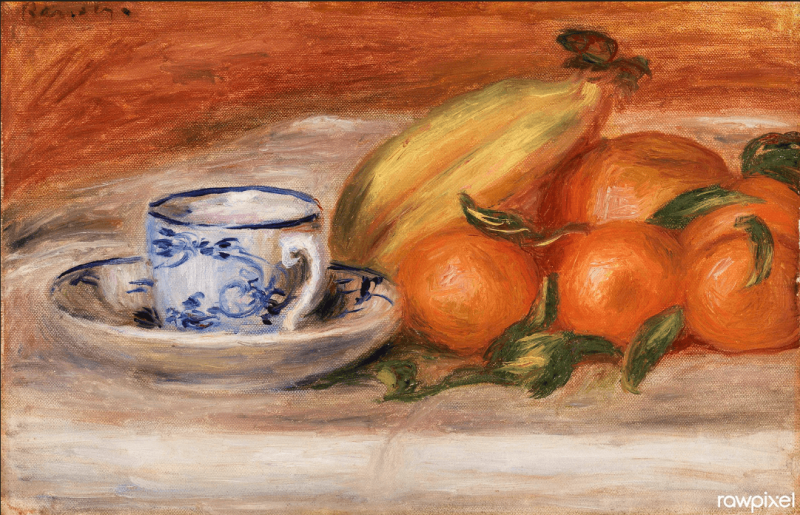Some of our most beloved crops are currently under existential threat. Coffee, cacao, banana, and citrus fall into this unfortunate category. Arabica coffee, for example, is a notoriously finicky crop that requires a certain amount of rainfall and mild temperatures to grow. But weather volatility is forcing some farmers along the “Bean Belt” in equatorial regions to abandon coffee growing altogether.
Scientists across academia and industry have made critical improvements to crops using CRISPR. The biotech company Elo Life systems, for example, is developing a fungus-resistant banana via gene editing. Resistance to disease has been reported using CRISPR in cacao as well as staple crops ranging from rice and maize to potatoes and cassava.
It can even be used to improve the flavor and nutritional profile of fruits and veggies.
…
Beyond taste, nutrition, and disease resistance, a big positive implication of gene editing in food is the climate footprint: Crops can be edited for efficiency and volume, drought resistance, and environmental resource reduction. CRISPR can also introduce lost genetic diversity to improve crop robustness in the face of climate change.































